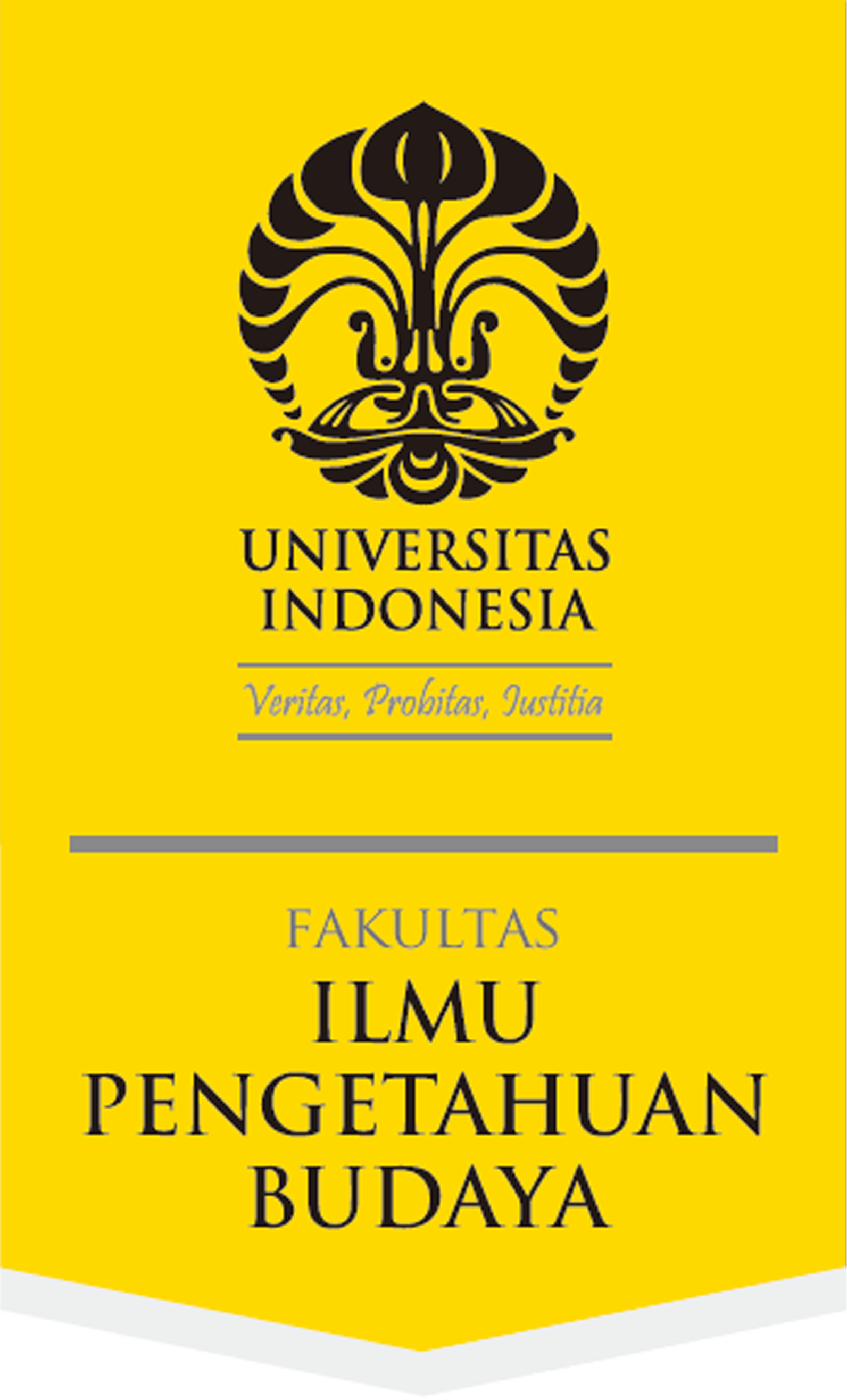Abstract
This paper examines the implications of language contact in a Malay sub-variety known as Pondok Tinggi, spoken in Sumatra. My focus is on the grammatical phenomenon of phrasal alternation. Phrasal alternation is characterized by the presence of two distinct forms for nearly all lexical items, whose final syllables differ in shape. These are termed absolute and oblique (Steinhauer and Usman 1978: 485). The intergenerational transmission of this uncommon feature offers a way to measure the degree of contact-induced language change in Pondok Tinggi. An experiment was conducted to elicit the usage of the absolute and the oblique forms in order to find out how the distribution of phrasal alternation has changed within the last two generations. I reveal a grammatical simplification caused by contact between Pondok Tinggi and Bahasa Indonesia, a related Malayic variety serving as Indonesia's prestigious official language. This adds a dimension of loss of local linguistic diversity to more familiar tropes of the national success of Bahasa Indonesia.
References
Crystal, David. 2008. A dictionary of linguistics and phonetics. Sixth edition. Oxford: Blackwell.
Ernanda. 2011. “On the loss of the phrasal alternation in Pondok Tinggi dialect of Kerinci; A stochastic optimality theory approach”. MA thesis, Radboud University Nijmegen.
Hinskens, Frans, Peter Auer, and Paul Kerswill. 2005. “The study of dialect convergence and divergence; Conceptual and methodological considerations”, in: Peter Auer, Frans Hinskens, and Paul Kerswill (eds), Dialect change; Convergence and divergence in European languages, pp. 1–48. Cambridge: Cambridge University Press.
Horner, A.J and R.N. Henson. 2008. “Priming, response learning and repetition suppression”, Neuropsychologia 46: 1979–1991.
Mckinnon, Timothy. A. 2011. The morphophonology and morphosyntax of Kerinci word-shape alternations. PhD thesis, Delaware University.
Mckinnon, Timothy. A, Peter Cole, and Gabriella Hermon. 2011. “Object agreement and ‘pro-drop’ in Kerinci Malay”, Language 87/4 (December): 715-750.
Moeliono, Anton. M. 1994. “Contact-induced language change in presentday Indonesian”, in: Dutton T and D.T. Tyron (eds), Language contact and change in the Austronesian world, pp. 377-386. Berlin: Mouton de Gruyter.
Prentice, John D. and Amir H. Usman. 1978. “Kerinci sound-changes and phonotactics”, in: S.A. Wurm and Lois Carrington (eds), Second International Conference on Austronesian Linguistics; Fascicle I: Western Austronesian, pp. 121-163. Canberra: Department of Linguistics, Research School of Pacific Studies, Australian National University. [Pacific Linguistics C-61.]
Steinhauer, Hein and Amir H. Usman. 1978. “Notes on the morphemics of Kerinci (Sumatra)”, in: Stephen A. Wurm and Lois Carrington (eds), Second International Conference on Austronesian Linguistics; Fascicle I: Western Austronesian, pp. 483-502. Canberra: Department of Linguistics, Research School of Pacific Studies, Australian National University. [Pacific Linguistics C-61.]
Steinhauer, Hein. 2002. “More (on) Kerinci sound-changes”, in: K. Alexander Adelaar and Robert Blust (eds), Between worlds; Linguistic papers in memory of David John Prentice, pp. 149-176. Canberra: Department of Linguistics, Research School of Pacific Studies, Australian National University. [Pacific Linguistics 529.]
Thomason, Sarah. G. 2001. Language contact; An introduction. Edinburgh: Edinburgh University Press.
Thomason, Sarah. G. 2006. Language change and language contact. Ann Arbor, MI: University of Michigan.
Thomason, Sarah. G. 2008. “Does language contact simplify grammars?”. [University of Michigan; http://www-personal.umich.edu/~thomason/ temp/simple2.pdf.]
Thomason, Sarah. G and Terrence Kaufman. 1988. Language contact, creolization, and genetic linguistics. Berkeley: University of California Press.
Trudgill, Peter. 1986. Dialects in contact, Oxford: Blackwell.
Trudgill, Peter. 2011. Sociolinguistic typology; Social determinants of linguistic complexity. Oxford: Oxford University Press.
Usman, Amir. H. 1976. Kamus umum Kerinci–Indonesia. Jakarta: Pusat Pembinaan dan Pengembangan Bahasa Departemen Pendidikan dan Kebudayaan R.I.
Usman, Amir. H 1988. Fonologi dan morfologi bahasa Kerinci dialek Sungai Penuh. PhD thesis, Universitas Indonesia.
Watson, C. W. 1984. Kerinci; Two historical studies. Cambridge: Centre of SouthEast Asian Studies, University of Kent at Canterbury.
Wurm, Stephen. A. 2003. “The language situation and language endangerment in the Greater Pacific area”, in: M. Janse and S. Tol (eds), Language death and language maintenance; Theoretical, practical, and descriptive approaches, pp. 15-47. Amsterdam: John Benjamin.
Recommended Citation
Ernanda, Ernanda
(2015)
"Phrasal alternation in the Pondok Tinggi dialect of Kerinci; An intergenerational analysis,"
Wacana, Journal of the Humanities of Indonesia: Vol. 16:
No.
2, Article 5.
DOI: 10.17510/wacana.v16i2.382
Available at:
https://scholarhub.ui.ac.id/wacana/vol16/iss2/5









